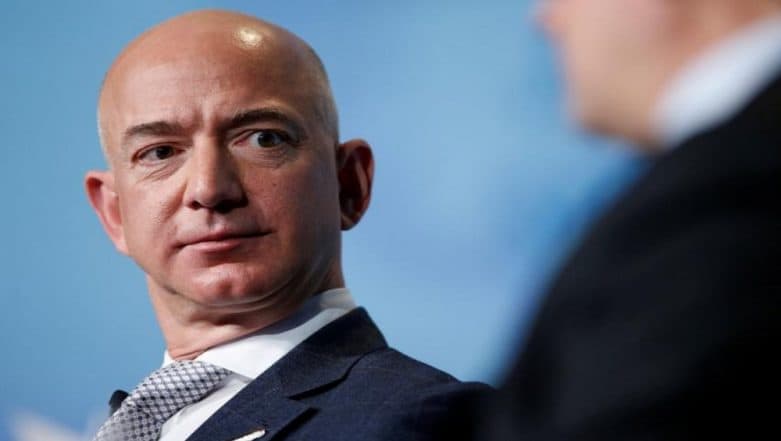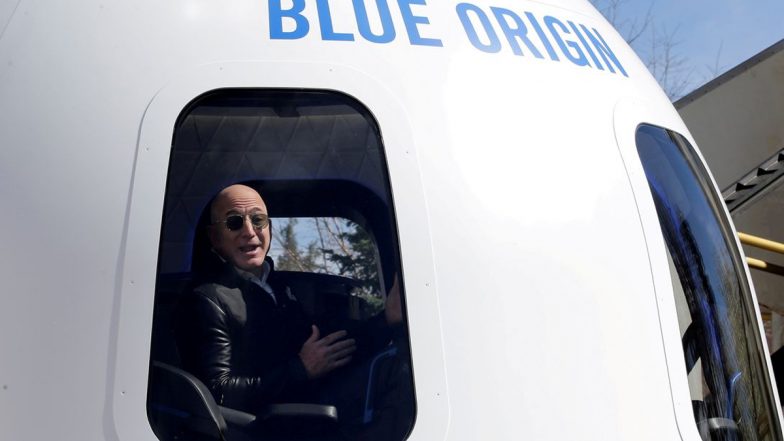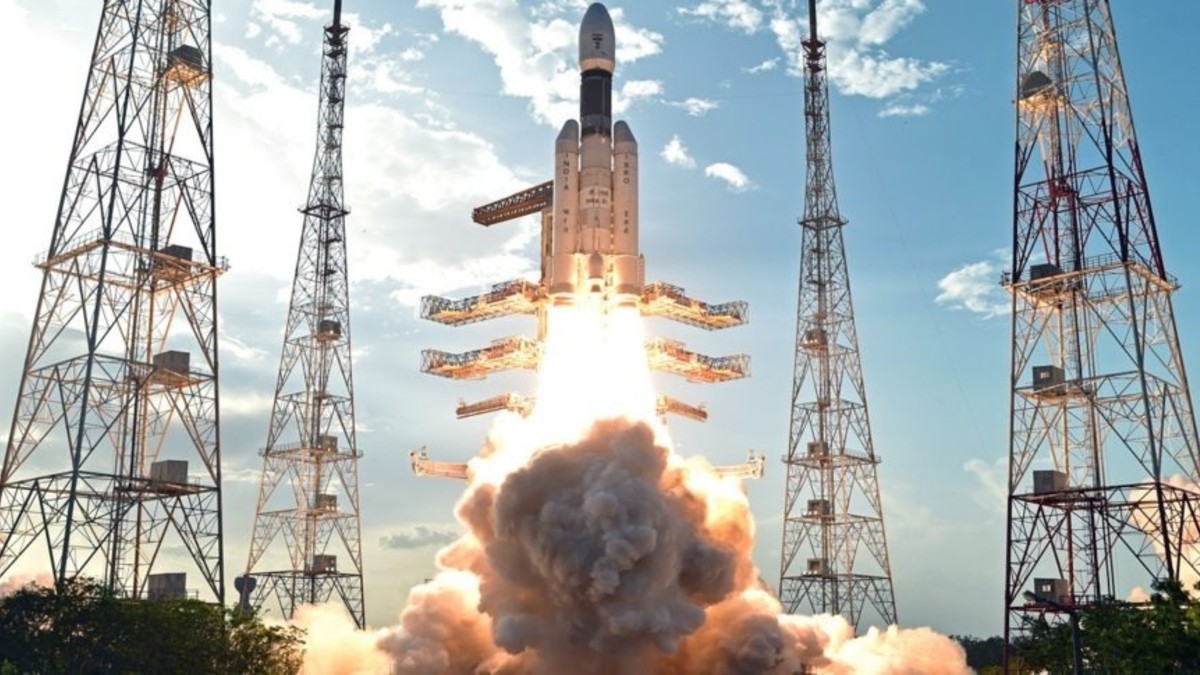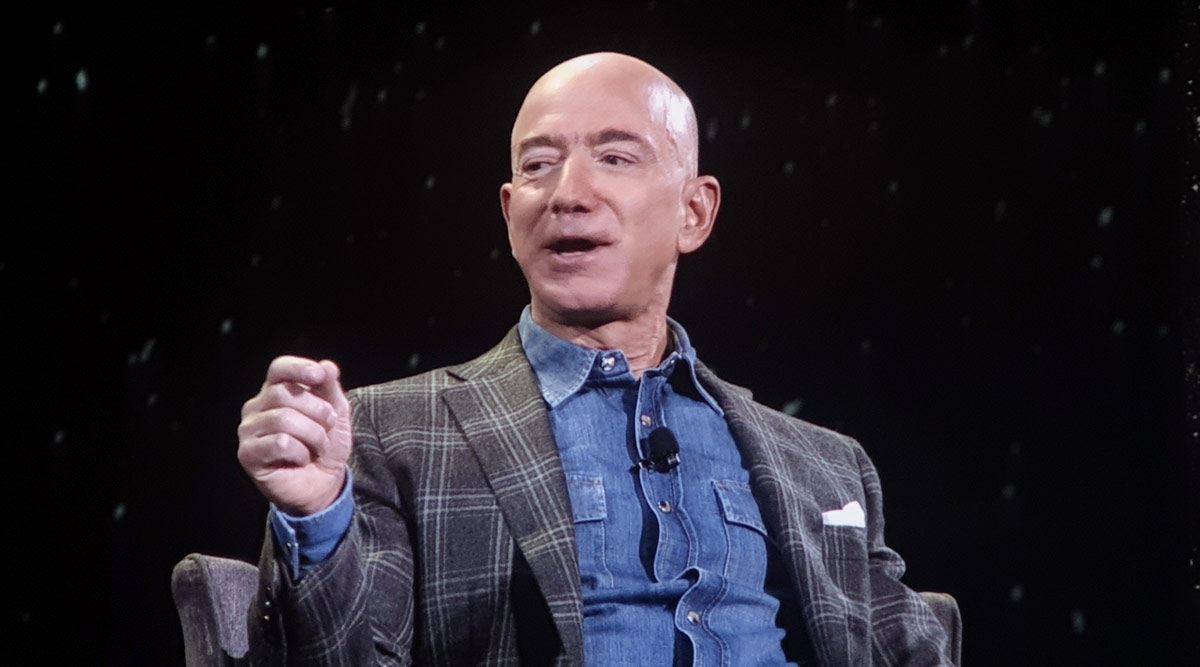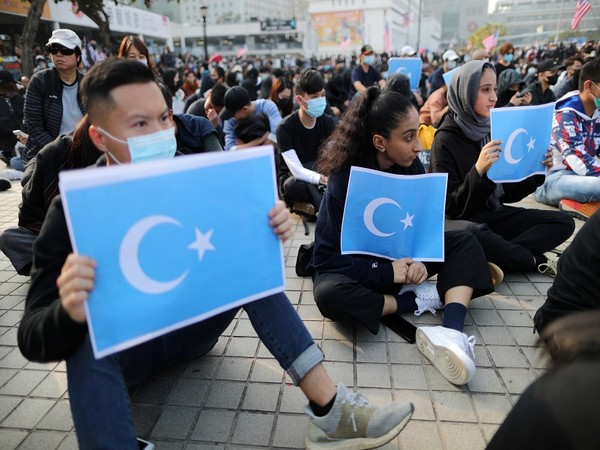In the UNSC debate on ‘Conflict and Food Security’, TS Tirumurthy, India’s Permanent Representative to the United Nations, said that there is an urgent need for the donor community to provide assistance to conflict-affected countries.
The increasing tendency to politicize human conditions is unfortunate, India said at the United Nations, stating that nations should oppose linking developmental aid with progress in the political process as it would only increase food insecurity in conflict situations.
In an open debate on ‘conflict and food security’ at the United Nations Security Council (UNSC) on Thursday, India’s permanent representative at the United Nations, TS Tirumurthy, said that the donor community is urgently needed to support the conflict affected countries, and To ensure that humanitarian agencies obtain the necessary funds to fully execute their plans without politicizing the basic needs of the people.
“While all human action should be guided primarily by the principles of humanity, neutrality, fairness and freedom, we are unfortunately seeing a growing tendency to politicize human conditions,” he said.
“Such a situation by donors will only increase food insecurity in conflict situations,” he said.
UN Secretary-General Antonio Guterres while addressing the council said that the conflict induces hunger and famine; Which in turn drives conflict.
“If you don’t feed people, you struggle,” the UN chief said. “When a country or region is clogged with conflict and hunger, they become stronger together. They cannot be resolved separately. Hunger and poverty combine inequality, climate shocks, communal and ethnic tensions, and complaints on land and resources to drive spark and conflict, ”he said.
Citing World Food Program (WFP) estimates, Mr. Tirumurthy said that the number of people suffering from food insecurity is projected to more than double to 270 million people by the end of 2020, making the COVID-19 epidemic worse. .
The ‘Global Report on Food Crises 2020’ by WFP and 15 other humanitarian and development agencies states that more than 77 million people suffer from acute food insecurity in conflict-affected countries.
He said that the epidemic only served to further complicate food insecurity by forcing countries to ban the movement of people, depriving farms to harvest crops, resulting in agro-based employment. Damage has been done, access to food has been limited. Erosion of the capacity of the state to cope with the socio-economic pressures of rural areas and epidemics.
Mr. Tirumurthy also pointed out that fragile states generally have a weak ability to design, implement and monitor food-related policies and programs, increasing their vulnerability in the face of conflict situations.
“The solution to the lack of food security in conflict-affected states is, therefore, elsewhere. As such, conflict-induced food-security issues should be taken up by the Council only in the context of specific countries where it can pose a threat to international peace and security.
India is of the view that armed conflict and terrorism combined with extreme weather, crop pests, food price instability, exclusion and economic shocks can lead any fragile state to food insecurity and increase the risk of famine.
“Armed groups periodically resort to scorched-earth tactics and deliberately develop targeted civilian infrastructure such as land, farm animals, and water wells that destroy economic growth and development. For example, the inability to fight locusts can directly affect the entire region and even further and food security. Mr. Tirumurthy said that inclusive food systems that empower marginalized people by giving them a voice in local food policies will get safe food in future.
“It enables young people and women to have remunerative jobs, small agricultural holders to access agricultural markets and adopt climate-smart policies that promote a sense of seed diversity, innovation and self-sufficiency,” he said.
Mr. Tirumurthy said that citizens in conflict-affected areas need safe, uninterrupted and rapid access to basic services and that humanitarian workers need safe ways to ensure their teams and emergency supplies can reach communities .
He cited the example of northeastern Nigeria, where thousands of people are stranded without life-saving humanitarian aid and Yemen, where restrictions on land, sea and air trade routes have drastically cut vital supplies of commodities such as food, fuel. And medicines.
Emphasizing that food security is fundamentally the essential minimum as the world deals with the disastrous COVID-19 crisis, Mr. Tirumurthy quoted Mahatma Gandhi as saying, “There are people in the world who are so hungry, that God gives them Cannot appear except in the form of bread ”.
In the midst of the COVID-19 epidemic, India has provided food aid in the form of thousands of metric tons (metric tons) of wheat, rice, lentils and lentils to many countries around the world, including Myanmar, Maldives, Afghanistan, Djibouti. , Eritrea, Lebanon, Malawi, Sierra Leone, Sudan, South Sudan, Zambia, Zimbabwe and others, to strengthen their food security during challenging times, he said.
Last month, India gifted 2,000 metric tons of rice to strengthen food security in Syria and a ship has currently arrived from India to provide 1,000 metric tons of food aid to Madagascar and Comoros.
“We are committed to providing assistance to all vulnerable countries to support them in their quest for food security,” Mr. Tirumurthy said.
.
